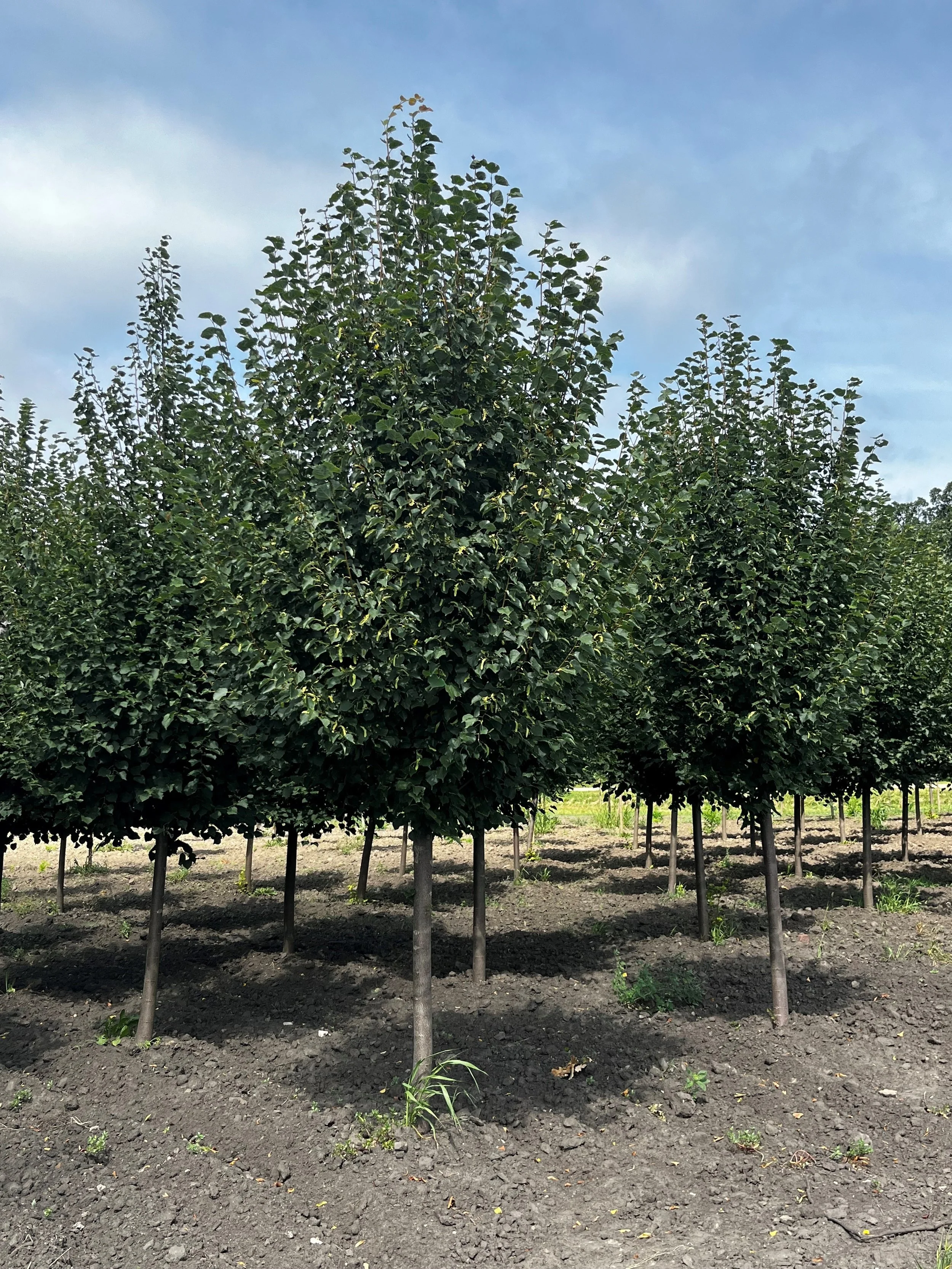The Problem With Plant Warrantees
The Pitfalls of Plant Warranties: A Contractor's Perspective
Plant warranties can be a double-edged sword for contractors in the landscaping industry. While they offer peace of mind to clients and demonstrate a commitment to quality, they also present challenges and potential risks. In this blog post, we'll explore the problems contractors face with plant warranties from their perspective and shed light on why navigating warranty claims can sometimes be a complex process.
Unrealistic Expectations: One of the main challenges contractors encounter with plant warranties is managing clients' unrealistic expectations. Some clients may believe that a warranty guarantees the survival and thriving of plants under any circumstance. However, factors beyond the contractor's control, such as extreme weather events or improper maintenance by the client, can impact plant health and survival. It's crucial to set realistic expectations and educate clients about the limitations of warranties to avoid misunderstandings and dissatisfaction.
Limited Control over External Factors: Contractors often have limited control over external factors that can affect plant health. Once the plants are installed and the project is completed, the contractor may have little influence over how the plants are cared for or the conditions they are exposed to. This lack of control can make it challenging to fulfill warranty obligations when plant issues arise. Contractors must emphasize the importance of proper plant care and maintenance to clients and provide clear guidelines to maximize the chances of plant survival.
Difficulties in Determining Warranty Coverage: Determining warranty coverage can be a complex process. Contractors must assess whether plant issues are the result of poor installation, improper maintenance, or unforeseen circumstances beyond their control. This requires careful examination and analysis, often involving collaboration with horticulturists or arborists. Determining the root cause of plant problems can be time-consuming and may require multiple site visits and consultations.
Financial Implications: Plant warranties can have financial implications for contractors. If a plant failure occurs within the warranty period and it's determined to be covered by the warranty, the contractor may be responsible for replacing or remedying the plants at their own expense. This can impact profitability, especially if multiple claims are made or if the cost of replacement plants has increased since the original installation.
Time and Resources: Addressing warranty claims can consume significant time and resources for contractors. It involves coordinating with clients, assessing the plant issues, determining eligibility for warranty coverage, and implementing the necessary remedies. This additional workload can strain a contractor's capacity, potentially impacting other ongoing projects and timelines.
Limitations of Warranties: Plant warranties typically come with limitations and exclusions. They may not cover plants that were damaged due to acts of nature, vandalism, or neglectful client care. Additionally, warranties may have specific time frames, and clients must report plant issues within a certain period to be eligible for coverage. Contractors must clearly communicate these limitations to clients to manage their expectations effectively.
Reputation Management: Warranty claims can have an impact on a contractor's reputation. Dissatisfied clients who have experienced plant failures may share negative reviews or word-of-mouth feedback, potentially harming the contractor's credibility and future business prospects. Contractors must address warranty claims promptly and professionally to maintain their reputation and demonstrate their commitment to customer satisfaction.
Navigating plant warranties as a contractor requires careful communication, managing expectations, and diligent assessment of plant issues. While warranties offer benefits to clients and demonstrate a contractor's commitment to quality, it's essential to be aware of the challenges they present. By setting realistic expectations, providing proper plant care guidelines, and handling warranty claims diligently, contractors can navigate the complexities of plant warranties and maintain strong client relationships.










